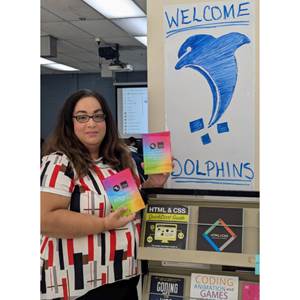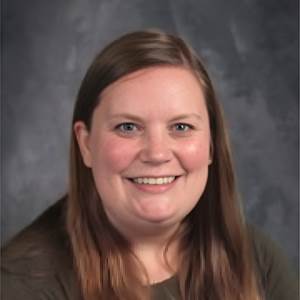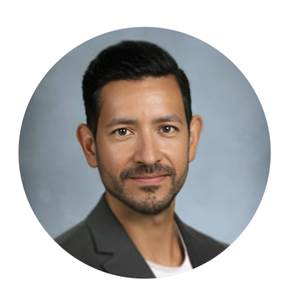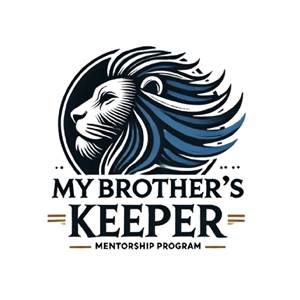If You Build It, Parents Will Come
07 November 2020
By Folasade Adekunle, Principal of Sayre Language Academy
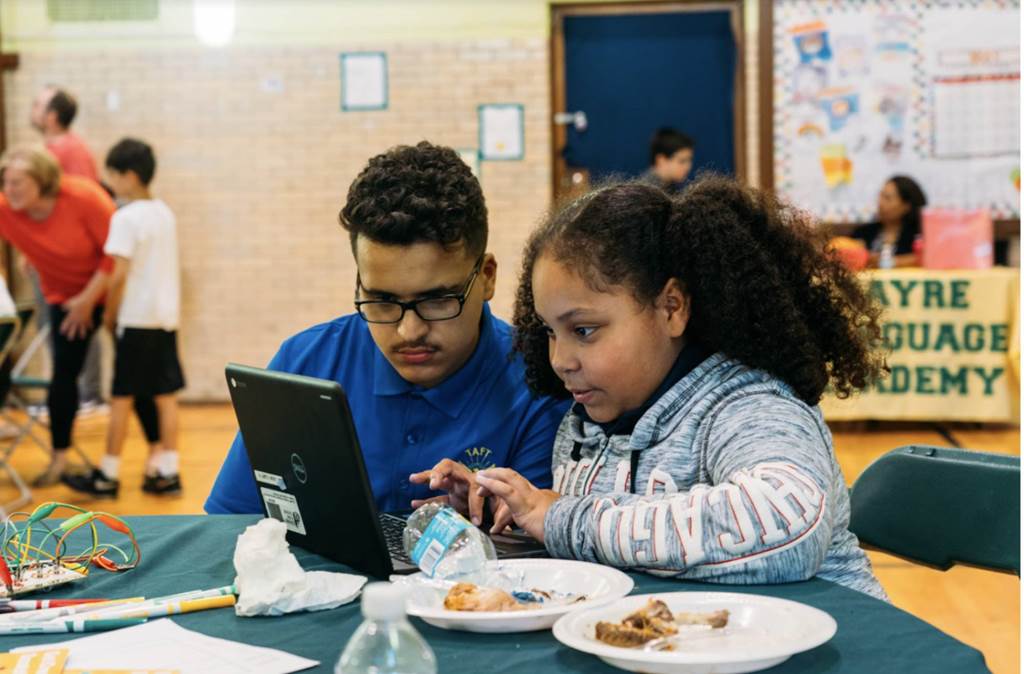
For years, I’ve noticed a dichotomy that has persisted in our education system: school is school and home is home.
Many magical things happen in the classroom, but when the school day ends, educators often feel as if they are passing the baton off to the parents. And they’re doing so blindfolded. They have no idea if this serve and return method is going to improve educational outcomes, and there’s a lot of frustration when the student returns to the classroom exactly the same way that they left it.
So, how do we integrate our parents more into our schools? The pandemic certainly has catalyzed some of this work by blurring the lines between the classroom and the home. But, at Sayre, we started doing this over a year ago. Our key ingredients? Computer science and coding.
We partnered with the district’s Office of Computer Science to host Family Creative Coding Nights. With our integrated approach to learning, students were already learning coding in the classroom, but they had no way of showing what they had learned to their parents.
Parents came to these events planning to sit and watch, and, by the end of them, they were coding with their students, helping them debug and piece their projects together. Then, students and parents were given the opportunity to display their work on the big screen for everyone to see.
The power of these events to bring our school community together has been made apparent by the fact that students and parents are still coming to them even as we hold them virtually. Our parents want as many glimpses as possible into their child’s educational experience.
That’s why we need more of this. More assemblies for parents to see how talented their students are. More extracurricular activities for them to get involved in. And more integration of different subjects in the classroom.
From a young age, students are placed into boxes. The irony of me leading a computer science initiative at Sayre is not lost on me—my siblings are developers; I was always more into the humanities. Even as a professional, I am still breaking out of the boxes that I saw myself in.
We want our students to know that they can be a singer, athlete, computer science whiz, and writer all at once. They don’t have to pick just one. In one of my classrooms, a student might be assigned to code their favorite scene from the book they are reading in language arts.
And by giving computer science and technology their rightful places in the classroom, we’re also giving students more agency to pursue their interests. When the educator is the only one in the room with a computer, everything that the students learn or get their hands on is up to their teacher.
Now, we have a system where the educator is more of a facilitator. And with computer science, there’s a lot of questions that they don’t have the answers to. Thus, students are collaborating more with each other to figure out what works and what doesn’t. There’s an important social-and-emotional component to this because students are breaking down the boxes that they may have placed their peers into.
Recently, my team at Sayre read an article about the eight Cs of engagement: creativity, choice, curiosity, connections, cooperation, competition, controversy, and challenge. I believe parents can have a hand in most of these when it comes to education, but the one that I feel is most important is curiosity.
Learning is not linear. I’ve come to find this out myself by plunging into the world of computer science as an adult. Now, we need to empower parents to take the plunge with us. When we give our students a platform to share what they are curious about with their parents, and the two of them work through the inquiry cycle together, our students will achieve more.
2020 may not be the year of full school buildings, but it can still be the year when students become the fullest versions of themselves.
Interested in hosting your own Virtual Family Creative Coding Night? Check out this guide for more information.
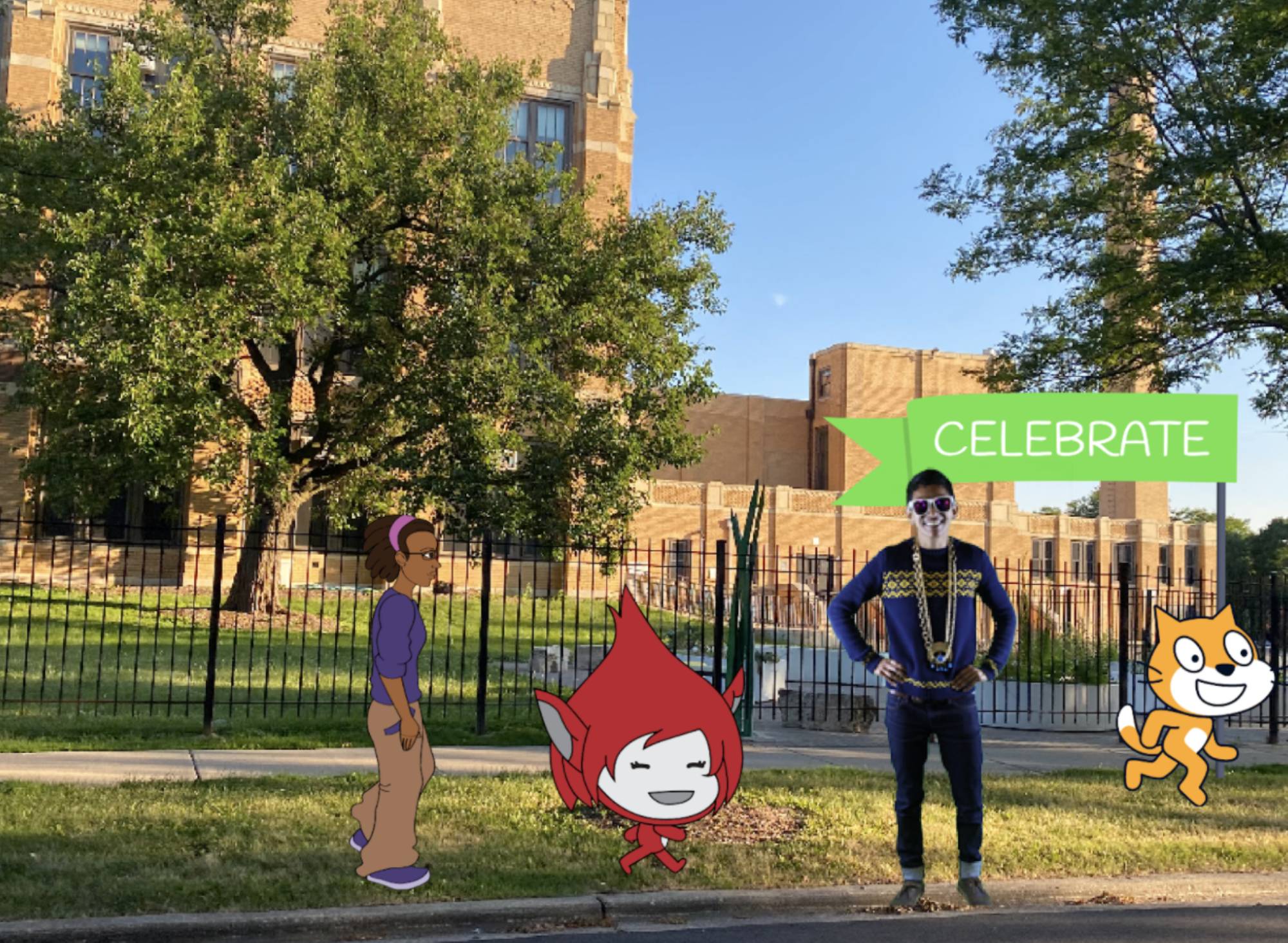
Related Stories
06 December 2024
Take Five with Madeline Franco: Computer Science Teacher at Whitney Young High School
Mrs. Franco wants her students to know that anyone can become a computer scientist with hard work and dedication.
05 December 2024
Getting to Know an Exceptional Teacher from Hanson Park Elementary School
Ms. Sager is known as kind, thoughtful, and having an excellent sense of humor.
22 November 2024
Making Math Class More Equitable: Take Five with Diamond Montana at Lake View High School
Mr. Montana wants his students to believe in themselves and their abilities.
20 November 2024
Supporting Young Men of Color at Lane Tech High School
My Brother's Keeper helps ensure that students have the resources and support needed to succeed.

